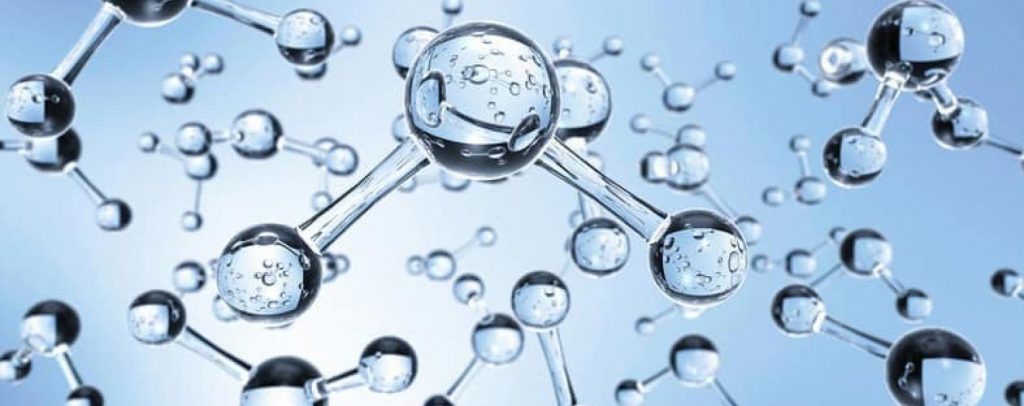The environment is a complex web of interconnected systems, each delicately balanced and intricately linked. One of the most significant influences on this delicate balance is the presence and impact of chemicals. The question, How do chemicals affect the environment? is a multifaceted one, with implications spanning across various sectors, from agriculture and industry to human health and climate change.
Chemicals, both natural and synthetic, play a crucial role in our daily lives. They are used in a myriad of applications, including agriculture, manufacturing, pharmaceuticals, and even in our homes. However, the improper use and disposal of these chemicals can have far-reaching effects on the environment.
- Impact on Aquatic Ecosystems
Water bodies are often the final repositories for many chemicals, whether they originate from industrial effluents, agricultural runoff, or household waste. These chemicals can have a profound impact on aquatic ecosystems. For instance, excess nutrients from fertilizers can lead to eutrophication, a process that depletes oxygen levels in water bodies, leading to the death of aquatic life.
- Soil Degradation
Chemicals can also significantly affect soil health. Pesticides and herbicides, for example, can reduce soil biodiversity by killing beneficial microorganisms. This can lead to a decrease in soil fertility and an increase in soil erosion, impacting agricultural productivity.
- Air Pollution
The release of chemicals into the atmosphere is a major contributor to air pollution. Industrial processes often emit harmful chemicals like sulfur dioxide, nitrogen oxides, and volatile organic compounds. These pollutants can cause respiratory problems in humans and animals and contribute to the formation of acid rain, which can damage forests and aquatic ecosystems.
- Climate Change
Certain chemicals, particularly greenhouse gases like carbon dioxide and methane, play a significant role in climate change. These gases trap heat in the Earth's atmosphere, leading to global warming and associated changes in climate patterns.
- Impact on Biodiversity
Chemicals can also impact biodiversity. Persistent Organic Pollutants (POPs), for instance, can accumulate in the tissues of organisms, leading to a decrease in population numbers and even species extinction in extreme cases.
- Human Health Implications
Lastly, chemicals in the environment can have direct and indirect effects on human health. Exposure to certain chemicals can lead to a range of health problems, from skin and eye irritation to more serious conditions like cancer and endocrine disruption.
In conclusion, the impact of chemicals on the environment is a complex issue that requires a multi-disciplinary approach to address. It is crucial to promote sustainable chemical management practices, invest in green chemistry, and enforce stricter regulations to mitigate the environmental impact of chemicals.
About Author
You may also like
-
High Purity Melezitose Monohydrate for Research and Industrial Applications
-
How PP Rainwater Module 35T for Industrial Use Enhances Efficient Water Management
-
Plastic to Pyrolysis Oil Solution: A Sustainable Pathway for Plastic Waste Conversion
-
Top Industrial Applications of Colour Coated Galvanized Steel Coils in Building and Home Appliances
-
How to Make Sure Your Cobalt Powder Won’t Ruin Your 3D Printing Project

